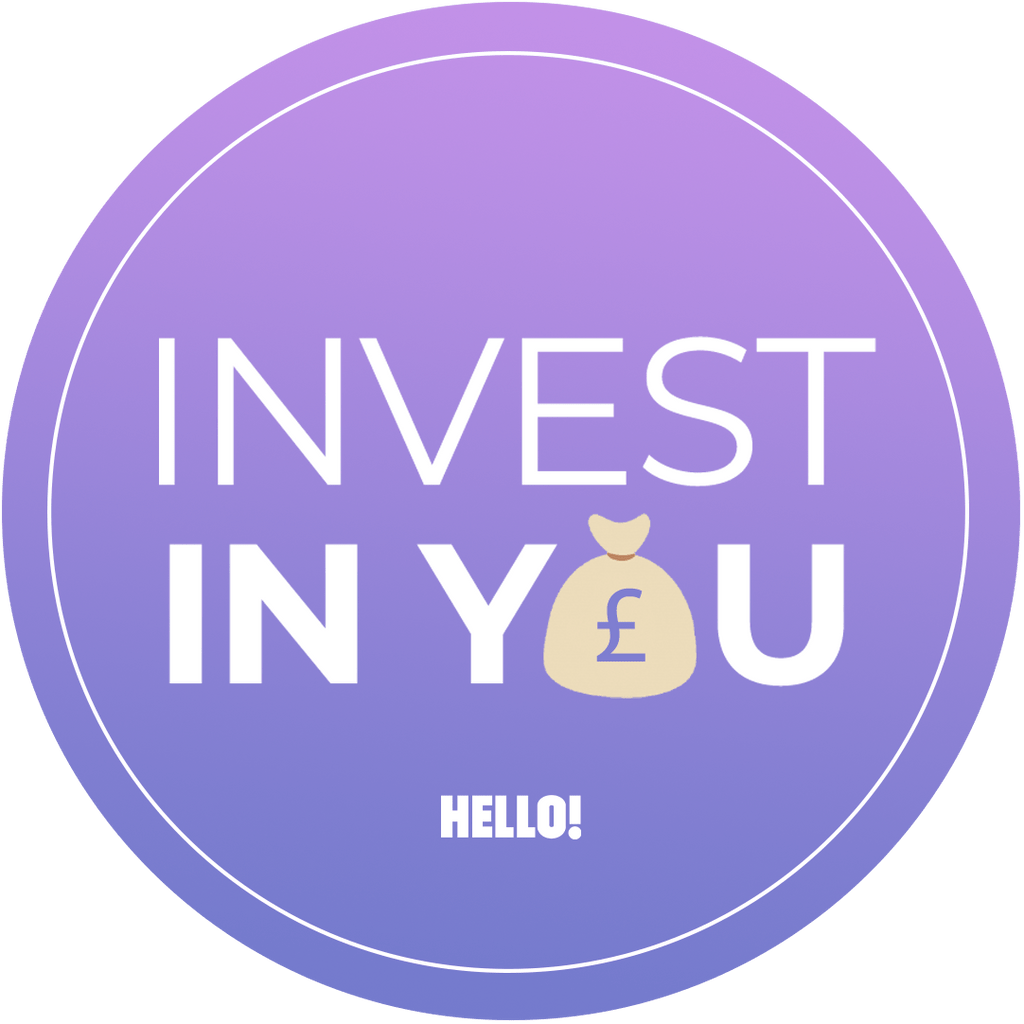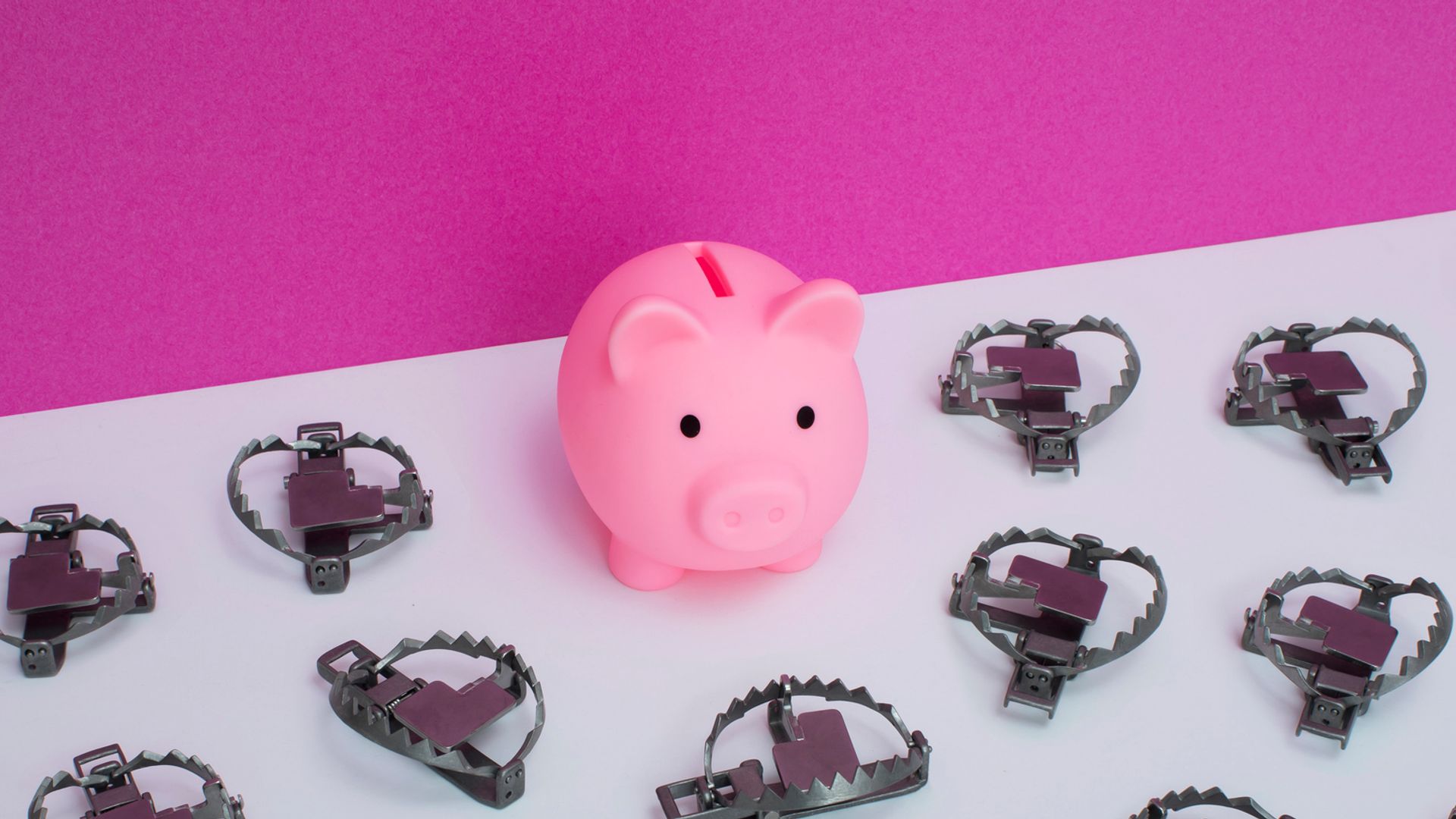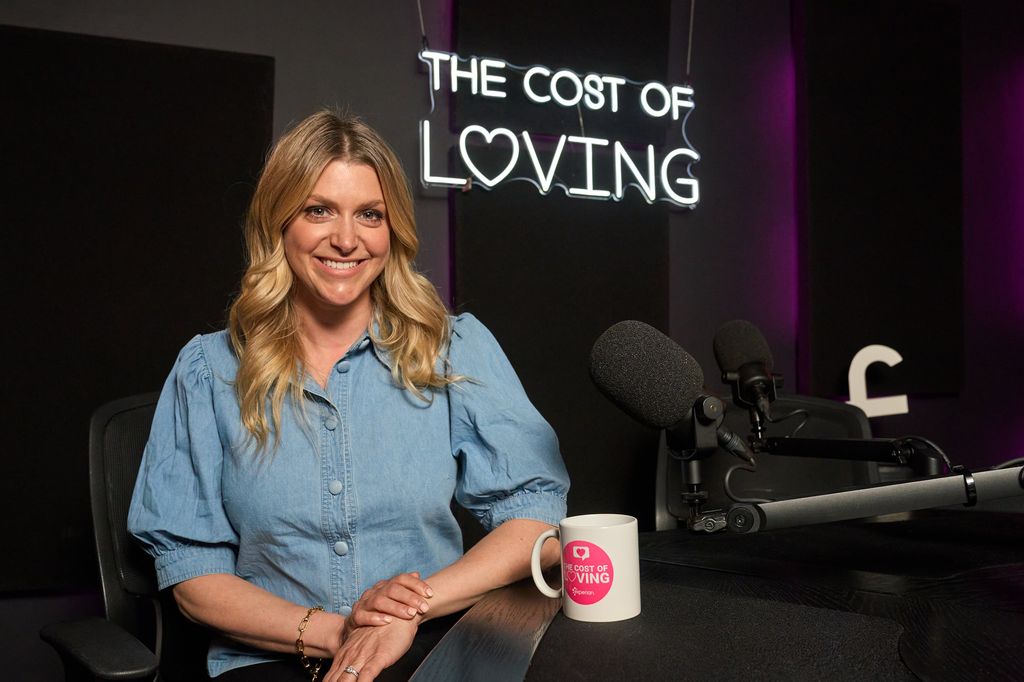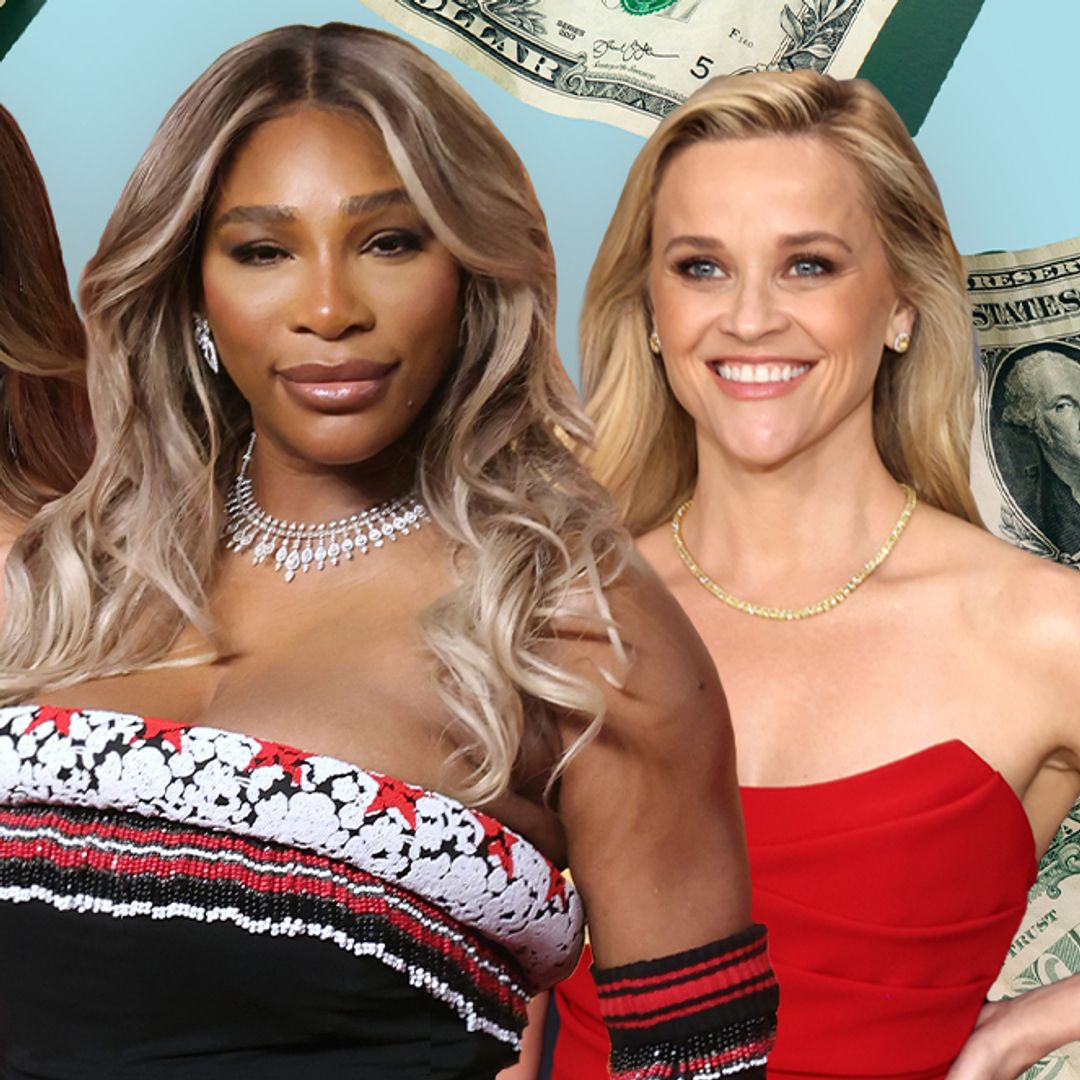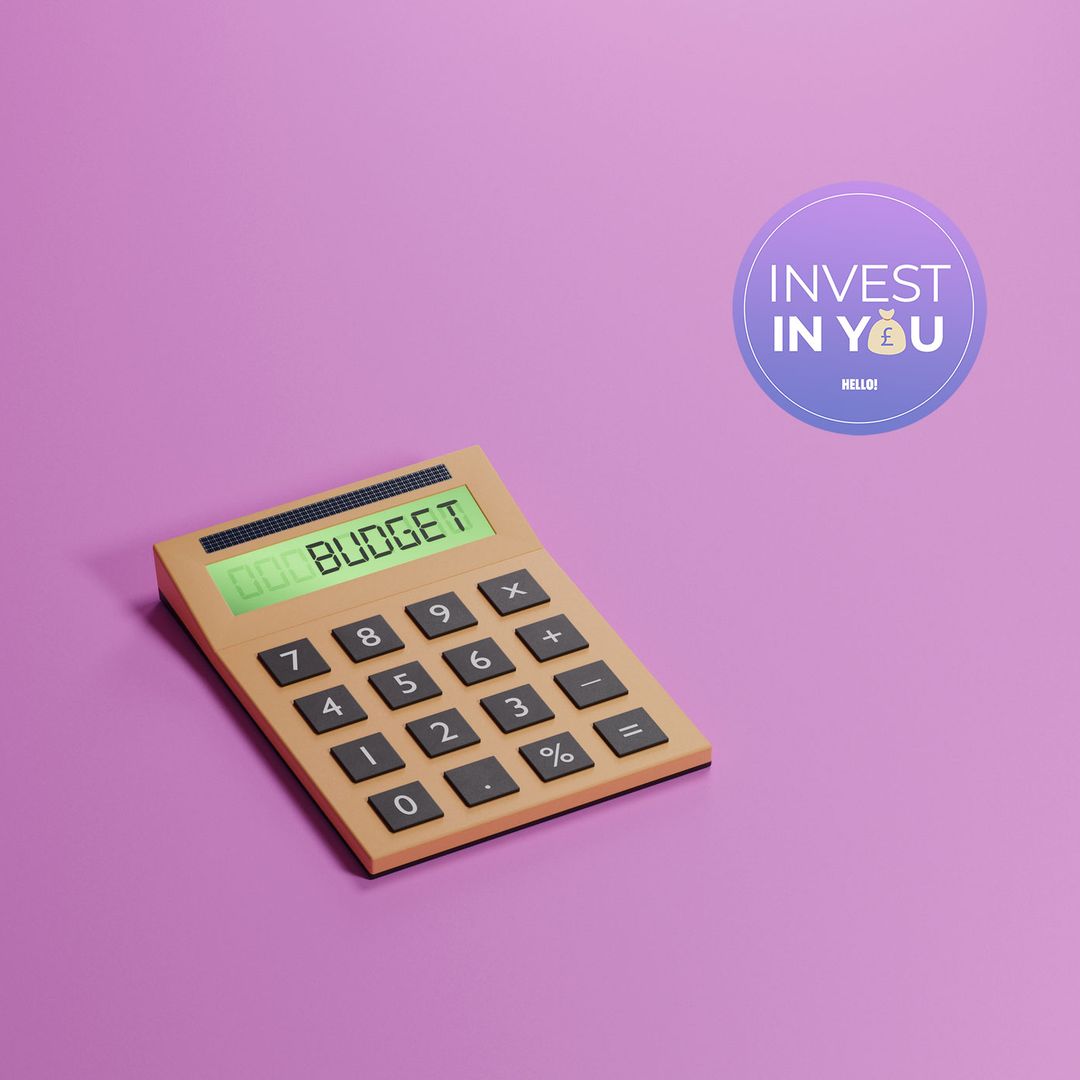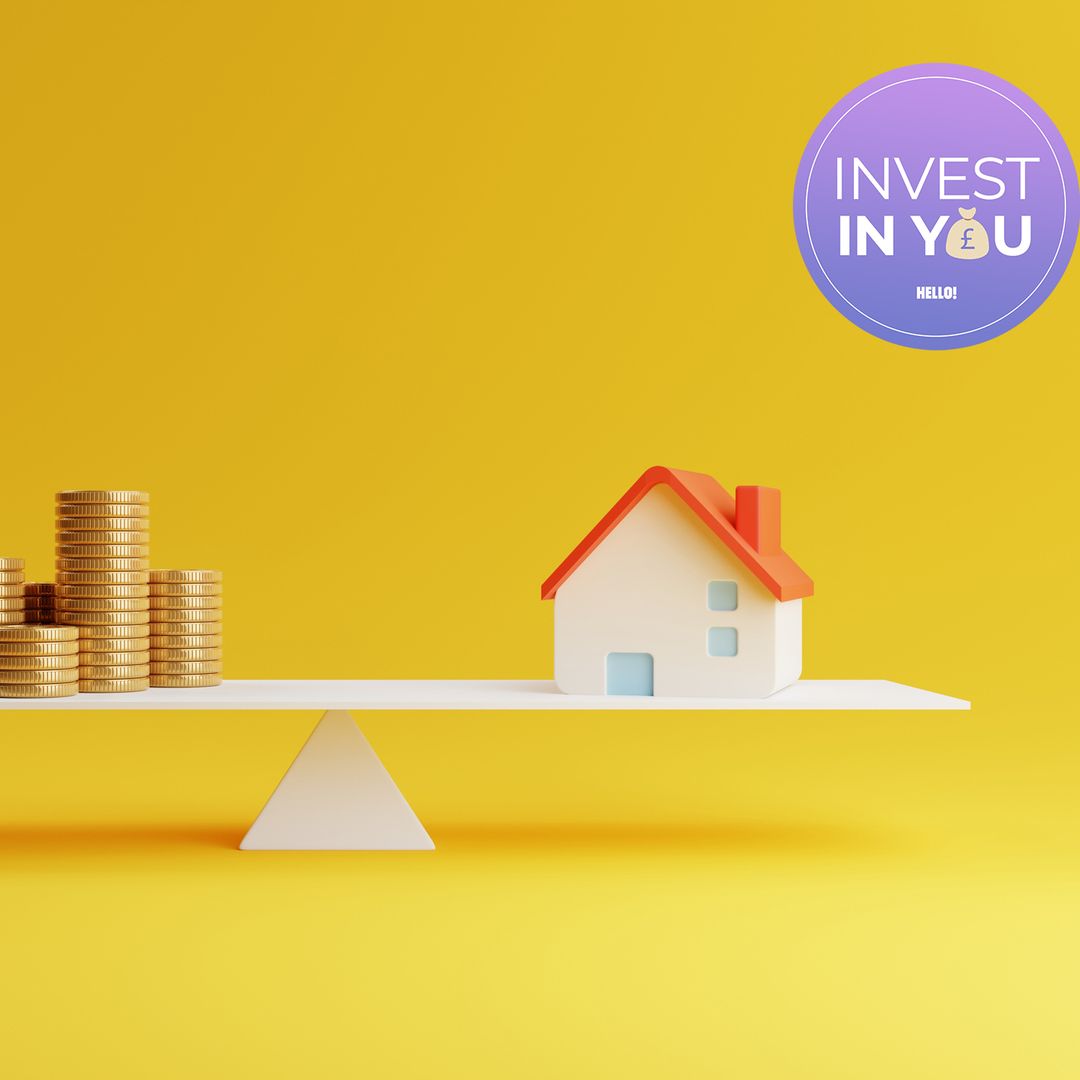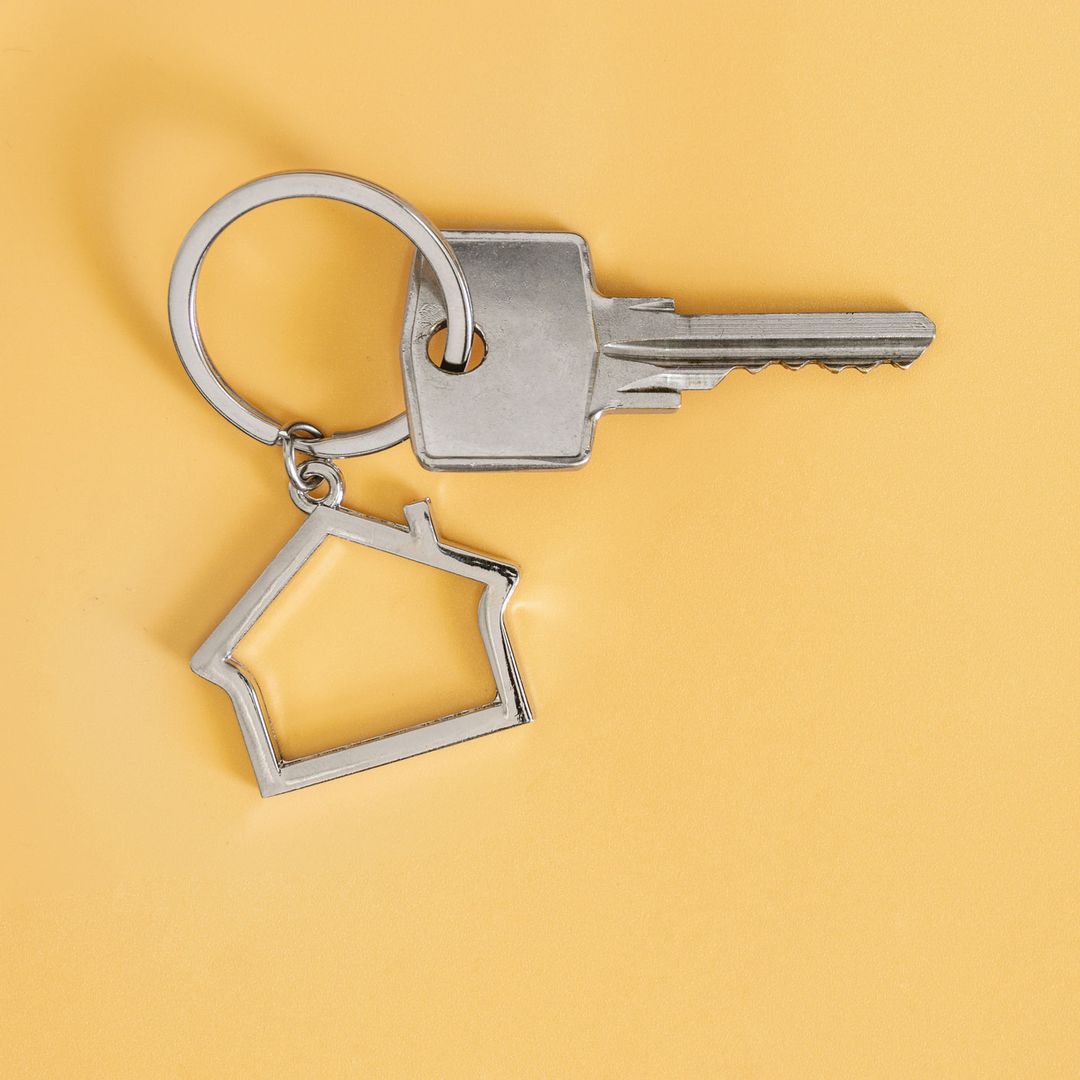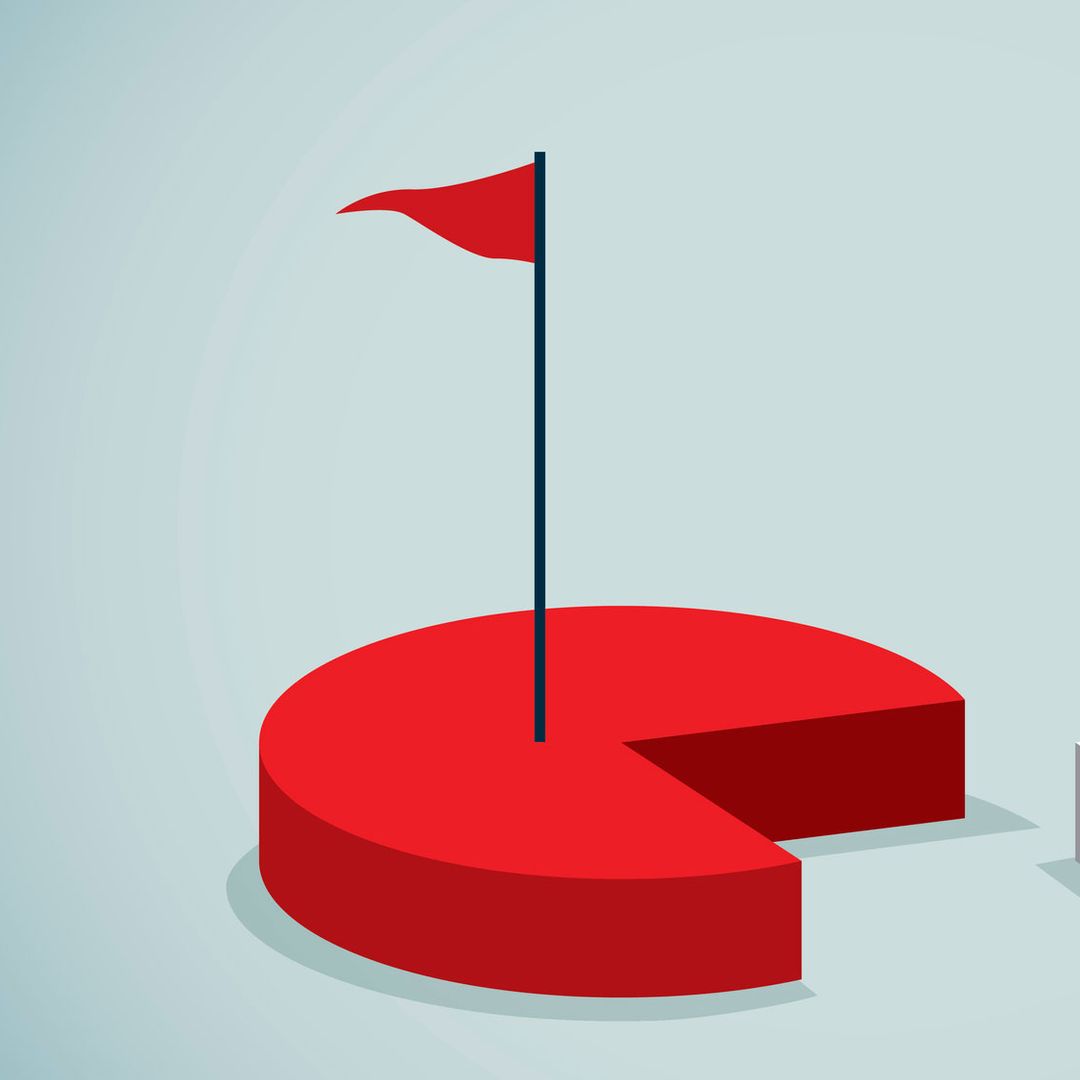Love shouldn't come with a price tag but it often does. Economic abuse, a sly and often hidden form of control, can infiltrate even the seemingly happiest of relationships. Imagine feeling constantly on edge about money, fearing to buy food or needing permission for a night out. This is the reality for victims of economic abuse. If this sounds worryingly familiar to you - you're not alone.
We want to help you recognise the signs, understand your rights, and empower you to take back control of your finances and your life. According to data from Surviving Economic Abuse, one in five women have experienced some form of economic abuse in the last year. This is equivalent to 5.5 million UK women and, shockingly, economic abuse is shown to disproportionately affect younger women, with 35% of victims and survivors aged between 18 and 24.
Dating expert and therapist Anna Williamson currently hosts podcast series ‘The Cost Of Loving’ and has been delving into the issue. The five-part series aims to break down the stigma around money talk and dating. Discussing the final episode, which looks at Economic and Financial abuse, Anna explains: "Financial abuse rarely exists by itself. It is often part of another psychological abuse and with the statistic of 1 in 5 you will know somebody experiencing it or you might even be experiencing it yourself… but no one talks about it."
How can you spot the signs of financial and economic abuse?
Financial abuse is a subcategory of economic abuse, encompassing the many ways that an abuser may control someone's economic situation.
- Restricting your means i.e. limiting how much money you're allowed
- Taking out loans in your name
- Running up debt in your name
- Accessing or draining a joint account, leaving you liable for the ramifications
- Coercing you into taking out loans they can't afford because they've been credit checked and they can't get them
Anna adds: "It's not just red flags to look out for, it’s amber flags as well". She explains: “'It's the comments, the judgments like, 'Oh can you afford that or do you really need that nice face cream?'. It's the, 'I'll deal with that because you don't know what you're talking about with money.' It's running you down. It's the small judgments.'
Economic abuse, meanwhile, impacts your living. It can be anything from your access to food, access to means, access to transport, access to being able to even go to work. "It is when a partner controls you by not even allowing you to get in your car or get enough petrol to allow you to go to your job. Ultimately it is a form of coercive control using finances and financial tools as a way to control," Anna says.
What are the solutions?
Get support and help
It is really important to ask for help. Don't be afraid to tell friends and family what's happening to you. Anna says: “We need to take away the stigma and shame and embarrassment, thinking it’s your fault because it most definitely not. Reach out to your friends, family and community and even your bank who have been trained to spot the signs too."
While no one can predict becoming a victim of financial abuse, there are a few key things to watch out for if you suspect you might be heading down that path.
Ask key questions
Question people's finances because it will give you a clue as to what kind of person they are. Questions like, "Are you a spender or a saver, where do you like to go on holidays, where do you like to eat, what do they do for a living". These questions can give you an idea of someone's lifestyle and their attitude towards finances, Anna points out.
Be transparent
It's really, really important in a relationship to be transparent about financial mistakes or debt because it’s nothing to be ashamed of. We all make mistakes and make bad decisions. But again, it's important to be transparent about that. You can't change someone else, but you can look after yourself.
Have your own money
Give yourself autonomy to be able to walk away from a situation that doesn't serve you. "I am a huge advocate of having your own money as well as joint money. Some people call it an escape fund," Anna reveals, stressing the importance of financial independence to tell yourself “if I need to leave, I can leave”.
DISCOVER: What does the 2024 Spring Budget really mean for you?
Question Financial Decisions
Find your voice to speak up and ask questions about financial decisions on spending such as taking out a loan in your name because it might have ramifications for you and your credit rating. Anna adds: "If you are met with a negative answer or reaction it's a red flag." The minute your gut tells you their reactions aren't sitting right, it's time to get out.
"We want to be in romantic, lustful relationships, but we do have to be sensible," she warns.
Experian has launched a new podcast series ‘The Cost of Loving’ in partnership with relationship coach and therapist, Anna Williamson. The series looks at the challenges of dating and relationships through a financial lens and is available on all major streaming platforms.
